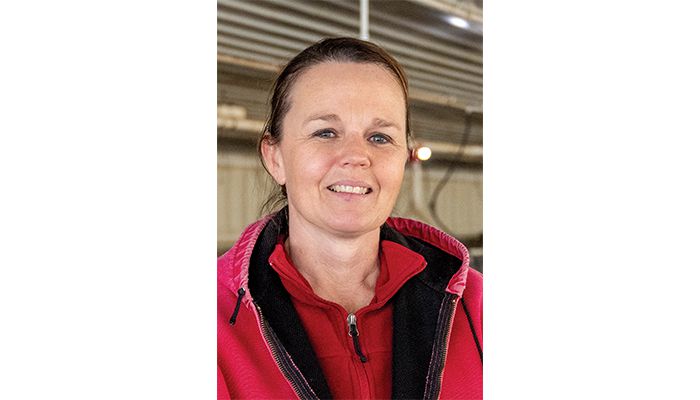Noncompliant pork concerns arise after Prop 12 rule enacted
Author
Published
4/8/2024
A recent study from U.S. Department of Agriculture (USDA) economists indicates there is a gap between the amount of Proposition 12 compliant pork coming into California and how much pork residents are eating.
It’s likely that not all the pork in California grocery stores meets the requirements to be called Prop 12 compliant, the study found.
“We may expect that California Prop 12-compliant pork would be equivalent to approximately 5% to 6% of U.S. pork production,” stated the study from USDA economists Hannah Hawkins, Shawn Arita and Seth Meyer. “The high reported as Prop 12 compliant … reached only 4%, before falling back down to (less than) 2%.”
The study estimated California’s total pork consumption at about 10% of all pigs raised and processed in the U.S. This number has slipped in the first few months of 2024, to about 8% of U.S. pork production, but that still leaves a gap between available Prop 12-compliant product and the amount Californians are eating.
“The observed gap between the reported Prop 12-compliant pork volume and the expected consumption of covered pork in California could be due to several factors. While the presence of noncompliant products in the market is a possibility, further investigation is needed,” the study stated.
Trish Cook, a Buchanan County Farm Bureau member who raises hogs and row crops and is the immediate past president of the Iowa Pork Producers Association (IPPA), put it a different way following a meeting with the California Department of Food and Agriculture (CDFA).
“Given the limited resources available to CDFA, there is no way to tell for certain right now if the loin in the meat case truly comes from a compliant animal or not,” she said.

Pictured above: Trish Cook
CDFA is the investigative body for Prop 12, a voter-approved rule in California that puts arbitrary housing standards on hogs, chickens and veal calves that produce meat or eggs sold in the state, no matter where the animals are raised. The standards went into full effect Jan. 1.
During the recent Iowa Farm Bureau Market Study Trip to California, CDFA officials said they have focused their efforts on certifying meat distributors who sell products into California and farms across the country that raise the animals to be processed and sold in the state.
Liz Cox, environmental program manager for animal health and food safety services at CDFA, didn’t specifically address the consumption gap noted in the USDA study during a meeting with Farm Bureau members from Iowa, only saying that, “Our goal is to get these businesses into compliance, so we are in an education phase right now.”
She also noted that there have been complaints sent into CDFA about distributors selling non-compliant meat. The process is for investigators to visit both the business the complaint is lodged against as well as the business or individual making the complaint.
“Generally we find with distributors in California, they want to keep doing business,” Cox said. “They want to follow the law because they want to stay open.”
While CDFA can refer distributors, or anyone else selling non-compliant pork as compliant, to law enforcement for prosecution, so far that hasn’t happened.
“We’re really working towards compliance,” she said. “We understand this is a new program. We understand there was uncertainty. You can’t suddenly turn on a light switch and make pork. We’re doing our best to educate while we regulate.”
Want more news on this topic? Farm Bureau members may subscribe for a free email news service, featuring the farm and rural topics that interest them most!